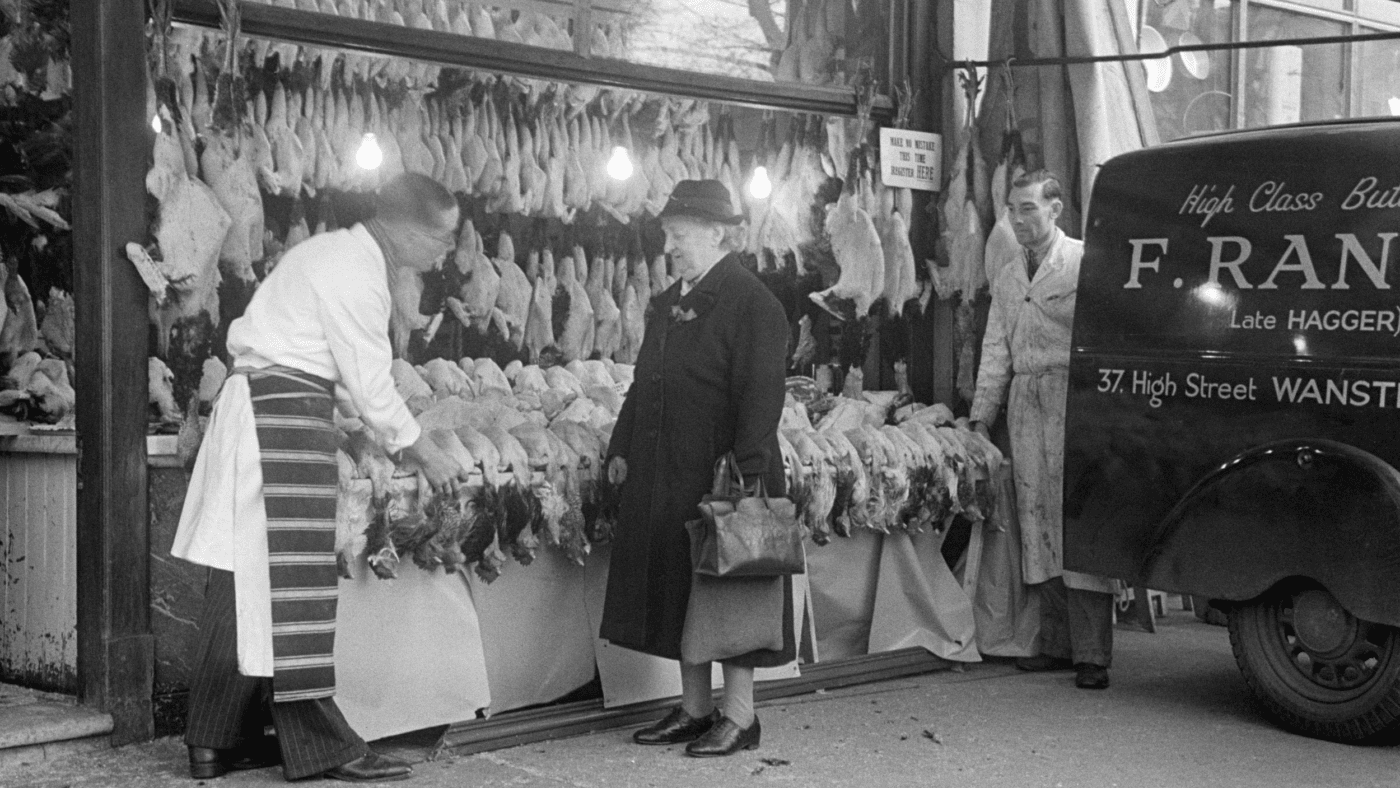In an interview with the BBC, Lee Kuan Yew, the founding father of modern Singapore, once recounted a formative moment from his student days in London: stepping out of the Tube at Piccadilly Circus, he saw an unattended newspaper stand. Commuters would stop, take a paper and drop the correct amount into an open cardboard box – some even took exact change from the same box. No one interfered, and nothing was stolen. Reflecting on this, Lee said to himself: ‘This is a well-ordered and disciplined society.’
One wonders what he would think if he visited London today. Instead of unsupervised honesty, he might find Tesco steaks locked in security boxes, and £3 cans of Red Bull tagged like 12-year-old Scotch. It’s not just anecdotal: last year, 516,971 shoplifting offences were recorded – a 20% rise from the 429,873 cases in 2022, according to the ONS. The question that naturally follows is: whatever happened to social trust?
Part of the answer is familiar: incentives still matter. The Anti-social Behaviour, Crime and Policing Act 2014 made it much harder to prosecute shoplifting under £200. As a result, many first-time offenders face little consequence, and this has inevitably driven the recent spike in shoplifting, with organised gangs moving in to profit from the loophole. Policy signals matter, and in this case, the signal is clear: low-level theft won’t be punished.
However, new research in experimental economics suggests that we should worry not just about fixing perverse incentives but also more broadly about the fragility of trust itself. In particular, the work of Nobel Laureate Vernon Smith has shown us that markets are not just battlegrounds of self-interest, as classical game theory suggests. Cooperative behaviour emerges in real-world trading environments. But, as Smith and Bart Wilson write in their book ‘Humanomics’: ‘Trustworthiness loses meaning where trust is in doubt.’
Trust is the silent architecture that holds cooperation together. And it can easily collapse. There are always incentives to cheat or free-ride. Once trust is broken – once one domino falls – the rest often follow. Like applause, trust requires more than one willing participant. But how are high-trust societies formed in the first place?
The answer lies not just in rules or institutions, but in shared values, norms and local beliefs. These form the cultural scaffolding of social trust. As Paul Collier puts it in ‘Exodus: How Migration is Changing Our World’, cooperativeness is an ‘equilibrium’ that is only ‘locally stable’. Beliefs are not incidental – they are what make institutions work in the first place.
Consider the tradition of unarmed police officers in London. It functioned not merely because of law, but because of shared expectations and social norms. Once the cultural consensus shifts, institutions – however well-designed – can lose their meaning.
This points to a more controversial but necessary discussion: when shared values are undermined or dismissed, the equilibrium becomes unstable. Diversity can bring dynamism and freedom, but economics reminds us that even good things can become harmful at the margin. When ‘difference’ becomes a goal in itself, it may erode common sense, common ground and common values.
The number of cultures within a society is not inherently a problem. The question is whether they can coexist while still maintaining the broader norms that make cooperation possible. Edmund Burke wrote: ‘To make us love our country, our country ought to be lovely.’ And to be lovely, a country must possess what he called a ‘system of manners’ – a shared moral grammar.
Shared values are not nostalgic relics. They are the bedrock of everyday cooperation – the invisible infrastructure that makes civil society and free markets possible. As Adam Smith reminded us, ‘the propensity to truck, barter, and exchange’ are natural human behaviours, but they depend on some expectation of fair dealing.
If we wish to preserve a free society, we must not only design the right institutions but also cultivate the moral habits and shared beliefs that allow those institutions to thrive.
Click here to subscribe to our daily briefing – the best pieces from CapX and across the web.
CapX depends on the generosity of its readers. If you value what we do, please consider making a donation.


